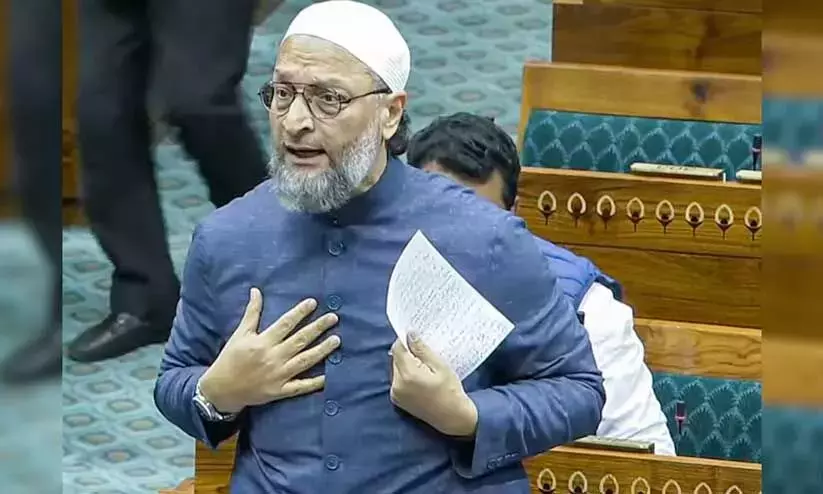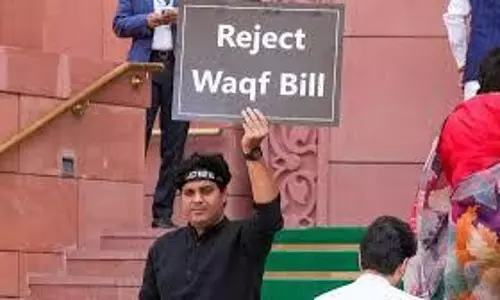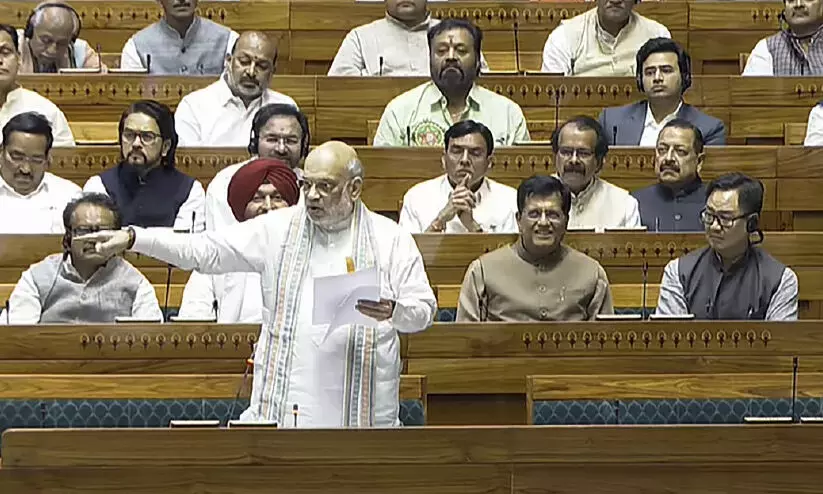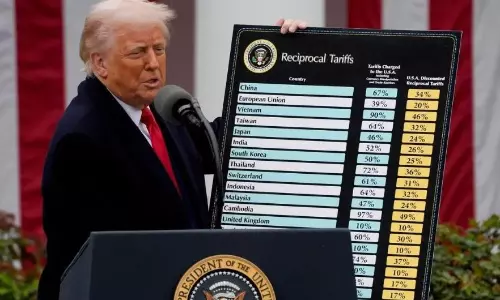
Religious conversion to Islam genuine only if based on faith in oneness of God, prophet: HC
text_fieldsThe Allahabad High Court has underscored that religious conversion to Islam can be considered bona fide if undertaken by a person who is a major and of sound mind, and if the conversion is motivated by genuine faith and belief in the oneness of God (Allah) and the prophetic character of Mohammed, while also emphasising that unlawful conversions are serious offences that cannot be condoned.
The court further clarified that such a conversion is deemed valid only when there is a sincere change of heart and an honest conviction in the tenets of the new faith in place of the original religion.
A single-judge bench of Justice Manju Rani Chauhan made these observations while dismissing a petition filed by Taufik Ahmad, who sought the quashing of criminal proceedings under Sections 420, 323, 376, 344 of the IPC and Section 3(4)(1) of the Uttar Pradesh Conversion Prevention Act, 2020, based on a compromise reached between the parties.
The court, however, rejected this plea, asserting that unlawful religious conversions achieved through coercion, fraud, or undue influence constitute serious offences that cannot be dismissed merely on the basis of settlements between the involved individuals.
In the case at hand, the petition pertained to the alleged unlawful conversion of a Hindu girl to Islam by a Muslim man, who was accused of forcibly keeping her captive and subjecting her to physical abuse, prompting the court to reiterate that conversions undertaken without genuine religious motivation or solely as a means to achieve ulterior objectives—such as evading legal barriers to marriage or claiming special rights—do not qualify as bona fide.
The bench noted that if a conversion is not inspired by religious sentiment but is instead used as a device to circumvent legal restrictions or gain advantages without actual belief in Islam, then such a conversion lacks authenticity and cannot be recognised as valid.
Religious conversions have remained a contentious issue in recent years, with numerous cases of alleged forced conversions surfacing alongside instances where individuals have voluntarily converted but faced opposition from Hindutva groups, who have resorted to violent protests upon receiving information about such conversions.
The debate over the legitimacy of conversions has also reached the Supreme Court, which in November last year ruled that conversions carried out solely to avail benefits under the reservation policy amounted to a “fraud on the Constitution” and undermined the social ethos of affirmative action policies.






















